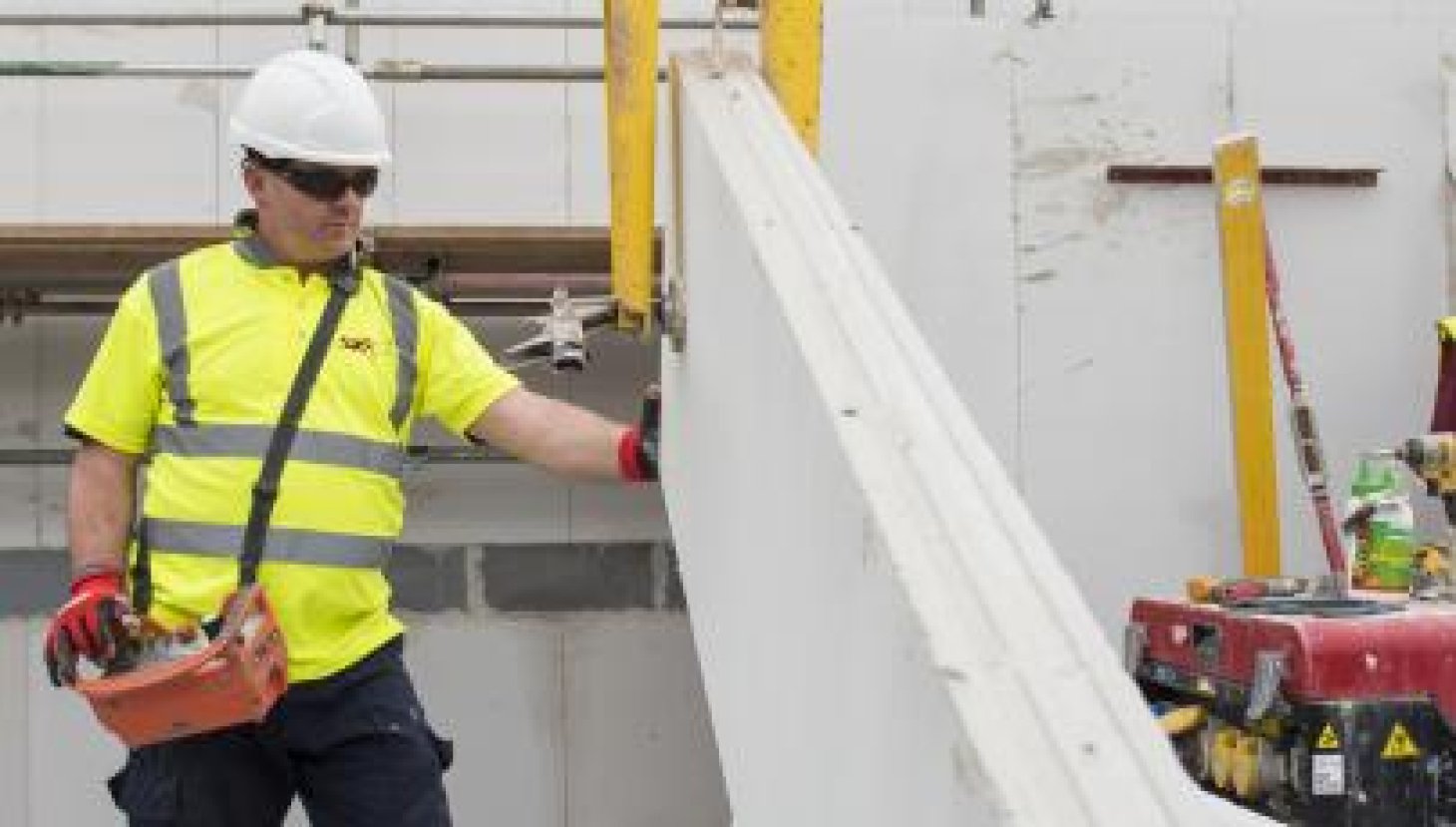
Interesting listening at the recent Explore Offsite Housing Conference.
First interesting fact: Kit Malthouse made room in his diary to attend, despite the Brexit furore that was happening at the time, highlighting the significance of the issue within government.
Second interesting fact: The government is keener than ever to encourage “Modern Methods of Construction” with the aim of increasing the volume and quality of housing being delivered.
Third interesting fact: there is currently no agreed definition of Modern Methods of Construction.
Top marks to Mark Farmer of Cast Consultancy for grasping the nettle and proposing a series of definitions - sighs of relief among the audience.
Defining MMC is essential for housebuilders looking to work on projects being delivered under the Accelerated Construction Programme – which requires MMC to be part of the plan – and for manufacturers who need to understand where their solutions fit within this process.
Looking at the definitions proposed by Mark Farmer, they all make perfect sense: a series of categories from one to seven, providing a stepped programme of progression from improved site practice at one end of the scale to pre-manufactured structural systems at the other.
I would argue that this pragmatic approach to phased improvement is infinitely more appropriate – and more likely to be adopted – than the more radical calls for offsite modular construction.
Housebuilders are nothing if not commercial and most are trialling systems that probably sit under the MMC banner – a little encouragement from Government and a realistic attempt to identify and define MMC will be helpful.
What is unhelpful, in my view, is the suggestion that housebuilding is analogous to manufacturing cars or to the development of mobile communications (both analogies that were explored in the conference).
No-one wants to live in a house that is identical to its neighbours and no-one wants large housing developments to be filled with identical house designs.
What we need is innovation that meets the need for good quality, volume building but without resorting to a factory format that, by its nature, encourages uniformity.
Housebuilders are nothing if not highly commercial. They will develop solutions to address a shortage of site labour, increase speed of build (if that suits their business model) and maximise the success of their business, but will be highly resistant to any coercion that attempts to force an entirely new business model on the construction process.
In my view, this is why modular building has not taken off in the way so many people had predicted.
Current government policy is driving increased volume through the commercial housebuilding industry and it is surely more sensible to work with the housebuilders and their supply chains to develop practical solutions.
The proposed framework for defining MMC looks to deliver better quality and higher speed of build without a wholescale reinvention of the housebuilding industry and this move is surely to be welcomed.
H+H welcomes innovation and, as the major supplier of aircrete into the UK sector, we have a series of technical solutions to support a move towards MMC. Our portfolio of standard blocks can still tick many of the boxes, while our Thin-Joint or Celcon Elements both sit very comfortably at the upper end of Mark Farmer’s definitions of MMC.